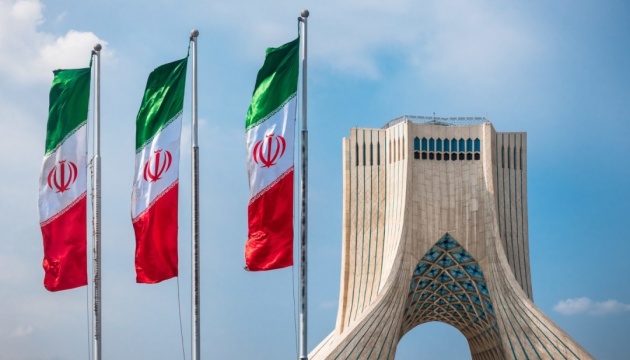FT: Iran secretly sends delegation to Russia for nuclear cooperation
5 August 20:32
Last August, Iran sent a delegation to Russia to visit strategic facilities related to dual-use nuclear technology, according to an investigation by the Financial Times, "Komersant Ukrainian" reports.
According to the publication, a plane from Tehran arrived in Moscow on August 4, 2024. Among the passengers was Iranian nuclear scientist Ali Qalvand, accompanied by four people who allegedly represented his company DamavandTec. However, according to Western intelligence, this was only a legend – all five had diplomatic passports with consecutive numbers issued shortly before the trip.
According to Western officials, the delegation included:
- an employee of the Defense Innovation and Research Organization (SPND), a secretive institution that the United States considers the successor to Iran’s military nuclear program that operated until 2004;
- former head of a US-sanctioned front company for procurement for the SPND;
- an officer of Iranian military counterintelligence.
In Russia, the delegation, according to journalists, visited several scientific institutes working on dual-use technologies. In particular, they discussed components that can be used both for civilian purposes and for the development of nuclear weapons.
In addition, the FT obtained a copy of Calvand’s letter to the Russian supplier dated May 2024. In it, he expresses his interest in purchasing isotopes, in particular tritium, a material used both in civilian medicine and to increase the power of nuclear warheads. Its circulation is strictly regulated by international norms.
The Iranians’ visit to Russia took place against the backdrop of Iran’s activity in search of nuclear technologies abroad, which was recorded by Western governments.
As is known, according to intelligence reports, Iran had a secret nuclear program, which was suspended in 2003 by order of Supreme Leader Ali Khamenei. At the same time, the West does not rule out that some elements of the program could have survived.
Context:
Earlier, Iran declared its readiness to resume nuclear negotiations with Europe. The United States and the EU agreed to consider the end of August as the deadline for reaching a new nuclear agreement. If no compromise is found, France, Germany, and the United Kingdom may activate the Snapback mechanism, which automatically reinstates the canceled UN sanctions.









